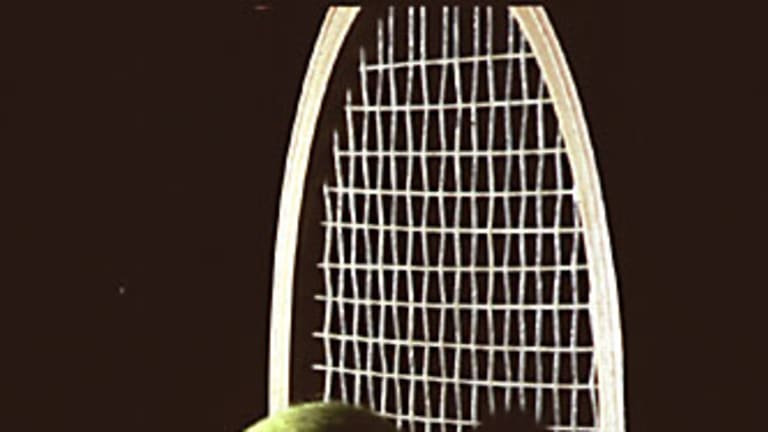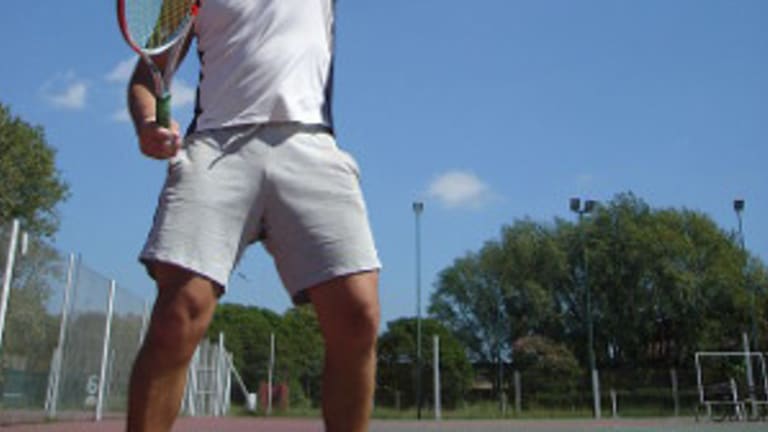Christmas for adults is largely a remembered holiday. Every year at this time we’re reminded of the magical sound that the word had for us as kids, the feverish sense of anticipation we felt as it approach, our uncontrollable 5:00 A.M dash downstairs to the tree, against our parents’ pointless warnings.
What was it all about? What did Christmas have that the other 364 days didn’t? It was about getting stuff, of course—hopefully more stuff than your brothers and sisters, in particular. But that fact doesn’t taint my childhood recollections of the day. I can see myself racing down the stairs and tearing up a hallway in the half-light of morning to open the last window on the advent tree that was taped to our kitchen wall. It’s hard to imagine, short of winning a lottery, ever feeling that fired up about anything again. And even if I did win the lottery, it wouldn’t take long for me to start wondering how much was going to come out in taxes. There was no taking anything out of Christmas.
In none of this, of course, is the holiday unique. Our early obsessions tend to fade and leave us wondering, years later, what the big deal was. Getting older brings a little more perspective, and a little less enchantment, to the objects of our affection.
These days, for example, I don’t lie on my bed and listen to the Top 40 countdown on my clock radio, writing down each song as it was announced, the way I did when I was nine or 10 or 11. I no longer walk, as fast as possible, to the comic-book store on Saturday mornings to see the latest that Marvel has to offer, or to gaze at the Iron Man No. 1 pinned to the wall behind the counter. I even felt too old to go see Iron Man and the other Marvel movies when they started invading theaters a decade ago. Last year in Brooklyn, I was amazed to eavesdrop on a bar conversation between a group of recent college graduates in which the scripts, acting, politics, artistic merits, and deeper meanings of Batman, Superman, Thor, Captain America, The Avengers, The Hulk and other comic-book movies were debated in heated, Talmudic detail. These were obviously sacred texts.

